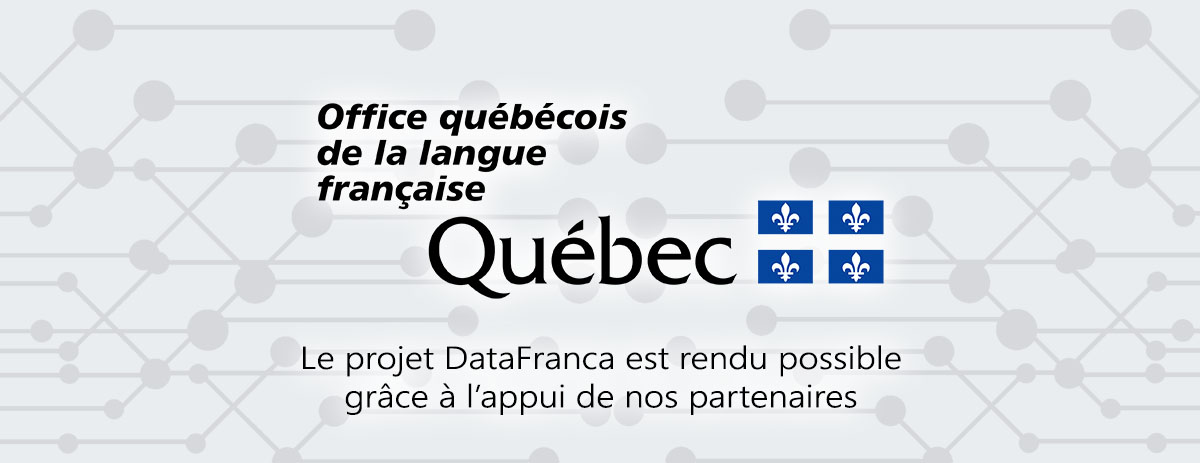« NP (complexité) » : différence entre les versions
m (Remplacement de texte — « Termes privilégiés » par « Français ») |
(Nouveau terme) Balise : Éditeur de wikicode 2017 |
||
| Ligne 1 : | Ligne 1 : | ||
== Domaine == | == Domaine == | ||
[[Category:Vocabulary]] | |||
[[Category:Vocabulary]]<br> | |||
[[Category:Algorithme]]Algorithme<br> | |||
[[Catégorie:Théorie de la complexité]]Théorie de la complexité<br> | |||
[[Category:Coulombe]]Coulombe<br> | |||
[[Catégorie:Scotty]]<br> | |||
== Définition == | == Définition == | ||
Version du 30 avril 2019 à 01:14
Domaine
Algorithme
Théorie de la complexité
Coulombe
Définition
Français
Anglais
NP (complexity)
In computational complexity theory, NP (for nondeterministic polynomial time) is a complexity class used to describe certain types of decision problems. Informally, NP is the set of all decision problems for which the instances where the answer is "yes" have efficiently verifiable proofs. More precisely, these proofs have to be verifiable by deterministic computations that can be performed in polynomial time.
Equivalently, the formal definition of NP is the set of decision problems solvable in polynomial time by a theoretical non-deterministic Turing machine. This second definition is the basis for the abbreviation NP, which stands for "nondeterministic, polynomial time." However, the verifier-based definition tends to be more intuitive and practical in common applications compared to the formal machine definition. The two definitions are equivalent because the algorithm for the machine definition consists of two phases, the first of which consists of a guess about the solution, which is generated in a non-deterministic way, while the second phase consists of a deterministic algorithm that verifies or rejects the guess as a valid solution to the problem.[2]

Contributeurs: Claude Coulombe, Jacques Barolet, wiki






